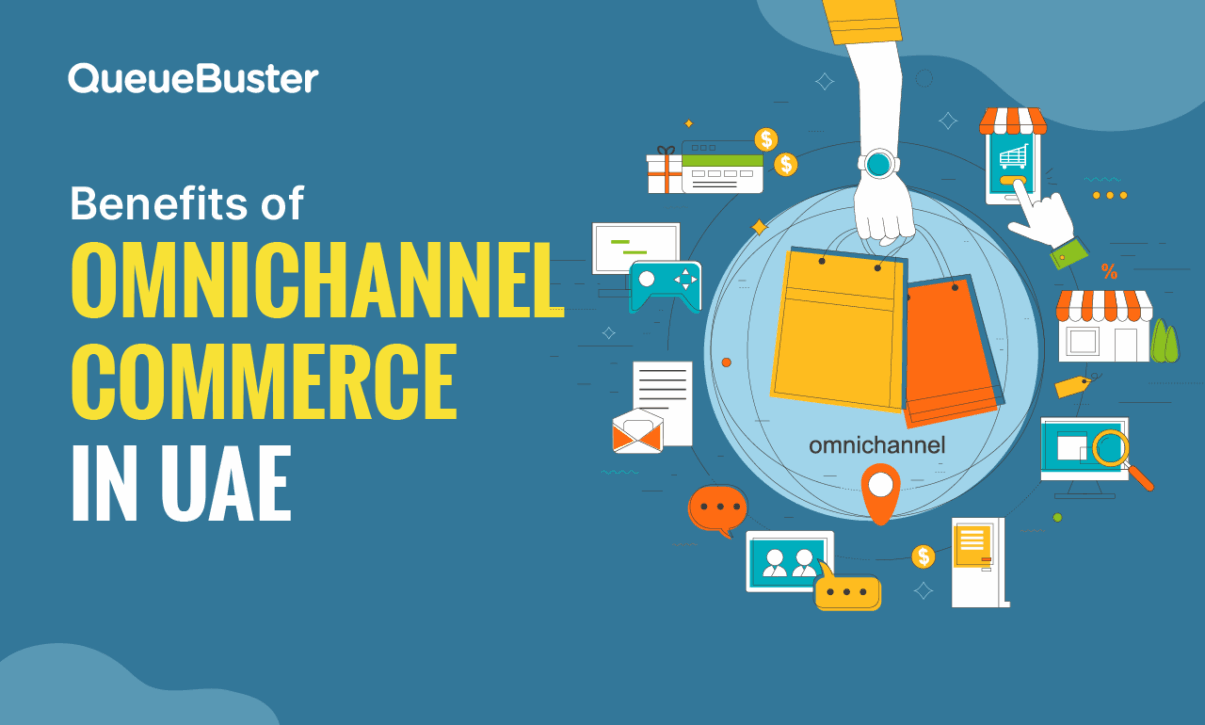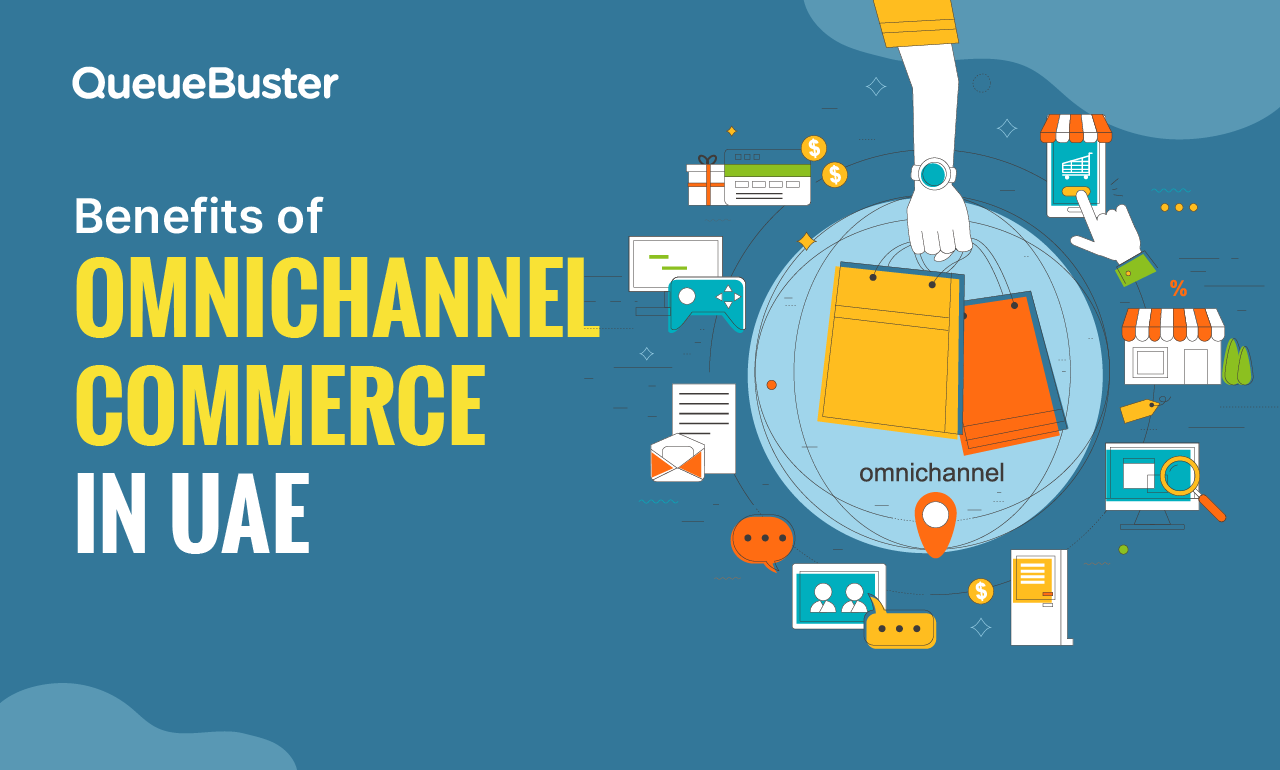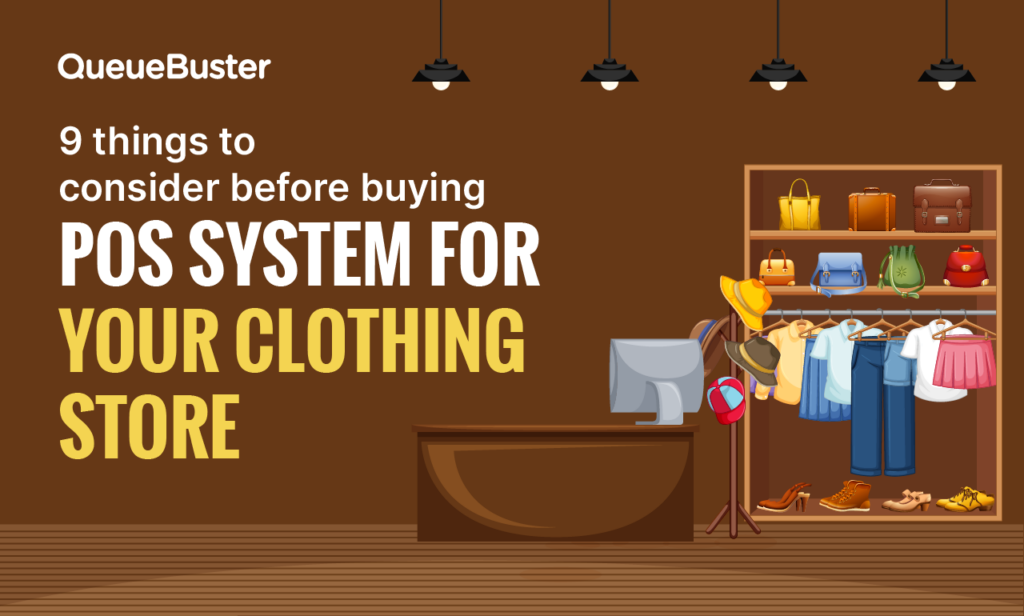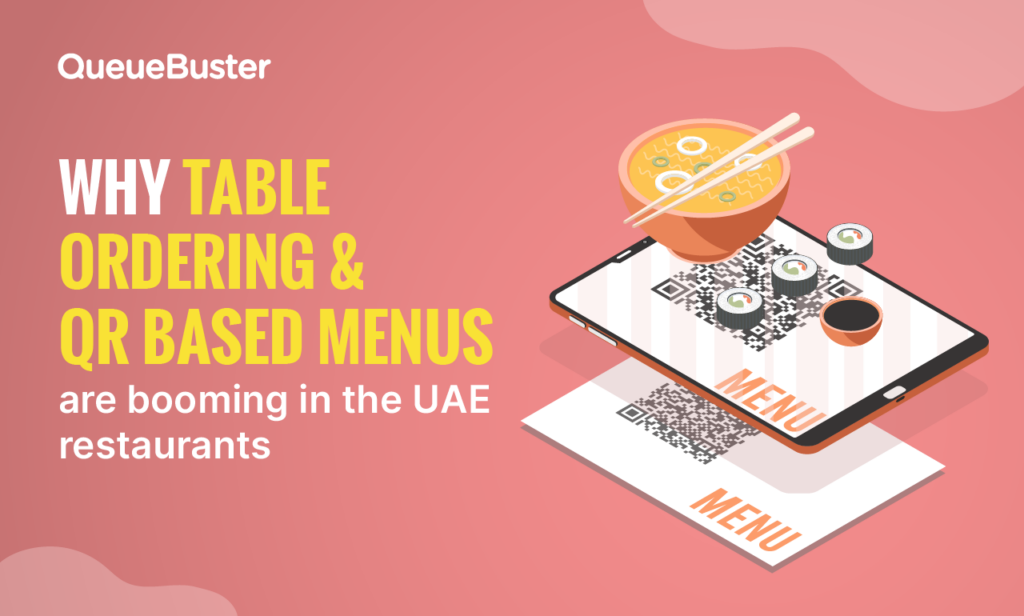
Benefits of Omnichannel Commerce in UAE Retail
Benefits of Omnichannel Commerce in UAE Retail

By Charu Gupta Published: October 16th, 2025
The UAE has become one of the most dynamic markets for digital transformation. With a tech-savvy population, high smartphone penetration, and a thriving retail culture, businesses here are rapidly evolving to meet the changing expectations of consumers. One trend that’s redefining how businesses operate in the UAE is omnichannel commerce — a strategy that seamlessly connects online and offline customer experiences.
In this blog, we’ll explore what omnichannel commerce means, why it’s essential in the UAE, and the key benefits it offers to businesses looking to grow in an increasingly digital-first economy.
What Is Omnichannel Commerce?
Omnichannel commerce is a unified approach to sales and customer engagement that integrates all shopping channels — physical stores, eCommerce websites, mobile apps, social media, and even marketplaces like Amazon or Noon — into one connected ecosystem.
In simple terms, omnichannel ensures that your customer enjoys a consistent and personalized experience no matter where they shop — whether browsing products on Instagram, adding items to their online cart, or completing the purchase in-store.
Unlike multichannel commerce (where channels operate independently), omnichannel focuses on integration and continuity, ensuring that data, promotions, and customer profiles flow smoothly between channels.
Why Omnichannel Commerce Matters in the UAE
The UAE’s retail and eCommerce landscape is booming. According to Dubai Chamber of Commerce, the UAE’s eCommerce market is projected to reach $17 billion by 2025, driven by high internet penetration, smartphone usage, and tech-forward consumers.
Shoppers today expect flexibility, convenience, and personalization — they might discover a product online, try it in-store, and purchase it later through a mobile app.
For UAE businesses — from luxury brands in Dubai Mall to homegrown D2C startups — adopting an omnichannel strategy isn’t just an advantage; it’s a necessity to stay competitive.
1. Seamless Customer Experience Across All Touchpoints
In today’s digital age, customers interact with brands across multiple platforms — websites, apps, WhatsApp, and physical stores. Omnichannel commerce connects all these touchpoints to create a unified brand experience.
Example:
A customer browsing a fashion brand’s online store in Dubai can check in-store availability, reserve a size, and pick it up from the nearest mall outlet. If they later decide to return the item, they can do it online or offline — whichever suits them best.
Benefits:
- Customers enjoy flexibility and convenience.
- Higher satisfaction and brand trust.
- Fewer cart abandonments and missed sales.
This seamless experience makes shopping effortless, a key expectation among UAE consumers who value time and convenience.
2. Boosted Sales and Customer Loyalty
When customers can shop through multiple connected channels, they are more likely to purchase. According to global retail studies, omnichannel customers spend up to 30% more than single-channel shoppers.
In the UAE’s highly competitive retail scene, where luxury, fashion, electronics, and food delivery industries are thriving, omnichannel experiences help brands stand out.
For example:
- A customer sees a new perfume on Instagram.
- They visit the brand’s website to learn more.
- Later, they receive a personalized offer via WhatsApp or email.
- They finally buy it from a nearby mall store.
Every touchpoint reinforces brand recall and pushes the buyer closer to conversion. Over time, this connected journey builds stronger customer loyalty and repeat business.
3. Personalized Marketing and Customer Insights
One of the biggest advantages of omnichannel commerce is data centralization. When all sales and customer interactions are tracked across channels, businesses gain a holistic view of each customer’s journey.
Benefits include:
- Personalized recommendations based on purchase history.
- Tailored promotions via email, SMS, or push notifications.
- Predictive analytics for understanding buying patterns.
For UAE businesses catering to a diverse audience — locals, expatriates, and tourists — personalized engagement is a game-changer. It helps brands create targeted campaigns that resonate with different cultural and spending segments, boosting conversions.
4. Better Inventory and Supply Chain Management
Managing stock across multiple outlets and online platforms can be complex — especially for retail and F&B businesses operating in multiple Emirates. Omnichannel systems simplify this by offering real-time inventory visibility across all channels.
Benefits:
- No overselling or stockouts.
- Efficient distribution between online and offline stores.
- Easy “Buy Online, Pick Up In-Store” (BOPIS) and return management.
For example, a POS-integrated omnichannel solution can automatically update inventory levels when an item is sold online or at the store — ensuring that data stays accurate everywhere.
This improves operational efficiency and customer satisfaction while minimizing revenue losses from stock mismanagement.
5. Greater Reach Through Multiple Sales Channels
UAE consumers are active across multiple platforms — from traditional retail to eCommerce marketplaces like Noon, Amazon, and Talabat. With omnichannel commerce, businesses can expand their reach across all these touchpoints without losing control over operations.
Advantages:
- Sell directly through your website, social media, and apps.
- Sync your catalog and pricing across marketplaces automatically.
- Reach more customers without increasing operational complexity.
By being present everywhere your customers are — online, offline, and on social platforms — you not only grow your audience but also strengthen brand recognition in a highly competitive market.
6. Increased Operational Efficiency
Omnichannel commerce is built on integration and automation. Instead of managing separate systems for online orders, in-store billing, and delivery tracking, everything is connected in one ecosystem.
This ensures:
- Unified reporting and analytics.
- Centralized customer and sales data.
- Faster decision-making and reduced errors.
In a region like the UAE, where business expansion across Emirates is common, these integrations help brands scale smoothly and maintain consistency across branches.
7. Enhanced Customer Retention and Loyalty Programs
Loyalty is critical in the UAE retail environment, where customers are spoiled for choice. Omnichannel systems allow businesses to create integrated loyalty programs that work across platforms.
Example:
A customer earns loyalty points for buying online and can redeem them in-store — or vice versa.
This connected experience not only drives repeat purchases but also helps brands stay top of mind. Over time, consistent rewards and personalized offers help nurture long-term relationships with customers.
8. Adapting to the Future of Retail in the UAE
The UAE’s “smart retail” future is driven by innovation — with technologies like AI, digital payments, mobile wallets, and self-checkout systems becoming mainstream. Omnichannel commerce aligns perfectly with this vision.
It empowers businesses to:
- Offer contactless shopping experiences.
- Connect digital marketing with real-time sales.
- Utilize customer data to drive AI-based recommendations.
In short, omnichannel commerce is not just about connecting channels — it’s about creating intelligent ecosystems that evolve with customer needs.
9. Competitive Advantage in a Growing Market
Retail in the UAE is fiercely competitive — with global brands, local startups, and hybrid eCommerce players all fighting for attention.
An omnichannel strategy gives businesses a decisive competitive edge by offering superior customer convenience, stronger personalization, and smoother operations.
In an environment where customer loyalty is fleeting and expectations are high, businesses that offer a connected, consistent shopping journey will be the ones that thrive.
Final Thoughts
Omnichannel commerce is more than a retail trend, it’s the future of how UAE businesses will engage with their customers.
By integrating online and offline channels, businesses can provide unmatched convenience, personalized experiences, and seamless service across every customer touchpoint. From fashion and electronics to restaurants and grocery chains, every sector in the UAE can benefit from going omnichannel.
As the UAE continues to evolve into a global digital hub, adopting an omnichannel strategy will be the key to building stronger customer relationships, boosting sales, and driving sustainable growth in the years ahead.
Popular Posts

9 Things to Consider Before Buying a POS System for Your Clothing Store
Running a clothing store is about much more than billing. From managing […]

Why Table Ordering and QR-Based Menus Are Booming in UAE Restaurants
The UAE restaurant industry is evolving faster than ever. From luxury fine […]